Aug
BELLEVUE, WA – The Second Amendment Foundation (SAF) and its partners, in a challenge of California’s ban on non-resident concealed carry, won a victory when a federal judge granted a preliminary injunction in the case.
U.S. District Court Judge Sherilyn Peace Garnett, a 2022 Joe Biden appointee, granted in part and denied in part the plaintiffs’ motion for preliminary injunction. The state has 21 days to file a response, and within 30 days plaintiffs must “meet and confer” with the state and Los Angeles County Sheriff’s Department “to submit a proposed order entering the preliminary injunction consistent with the specific findings” made by the court order.
SAF is joined by the California Rifle & Pistol Association, Gun Owners of America, Gun Owners Foundation, Gun Owners of California and seven private citizens. The LA County Sheriff’s Office is the main defendant, along with Attorney General Rob Bonta and the La Verne Police Department.
In her decision, Judge Garnett observed, “the State bears the burden of showing whether California’s residency requirements for a CCW license is ‘consistent with the Nation’s historical tradition of firearm regulation.” A few pages later, she notes, “the State has not carried its burden at this stage to show that the limitation of CCW licenses to California residents is part of a historical tradition of this Nation.”
“Americans do not leave their Second Amendment right to bear arms at the California border,” said SAF founder and Executive Vice President Alan M. Gottlieb. “California is behind the curve in recognizing that the Second Amendment was incorporated to the states via the 14th Amendment since SAF’s Supreme Court victory in the 2010 McDonald ruling.”
“The writing is clearly on the wall,” added SAF Executive Director Adam Kraut, “when Judge Garnett noted the Court already found that we are likely to succeed on the merits of our argument that California’s residency requirement for CCW applications is unconstitutional. We are confident our challenge will continue to prevail.”



























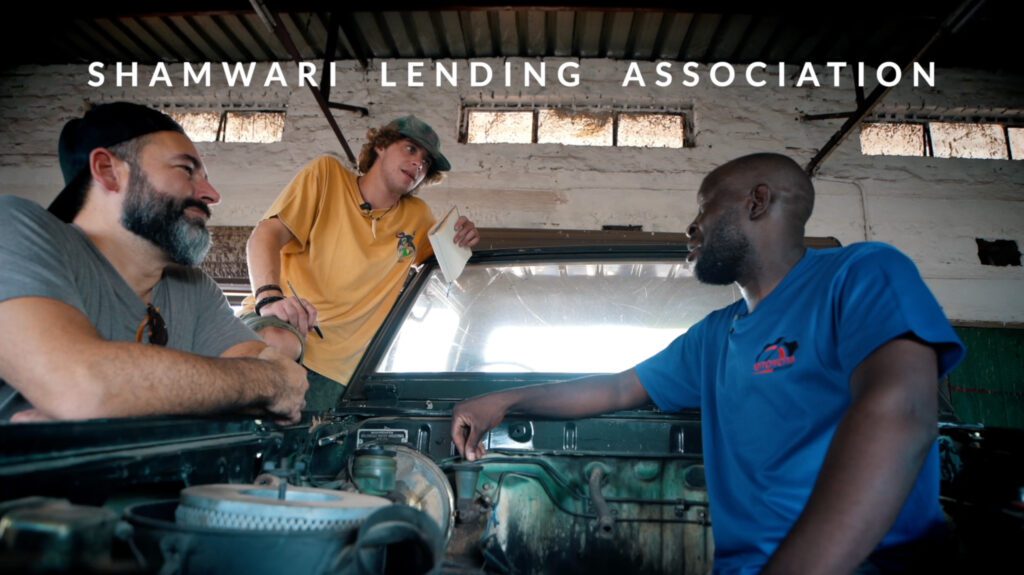
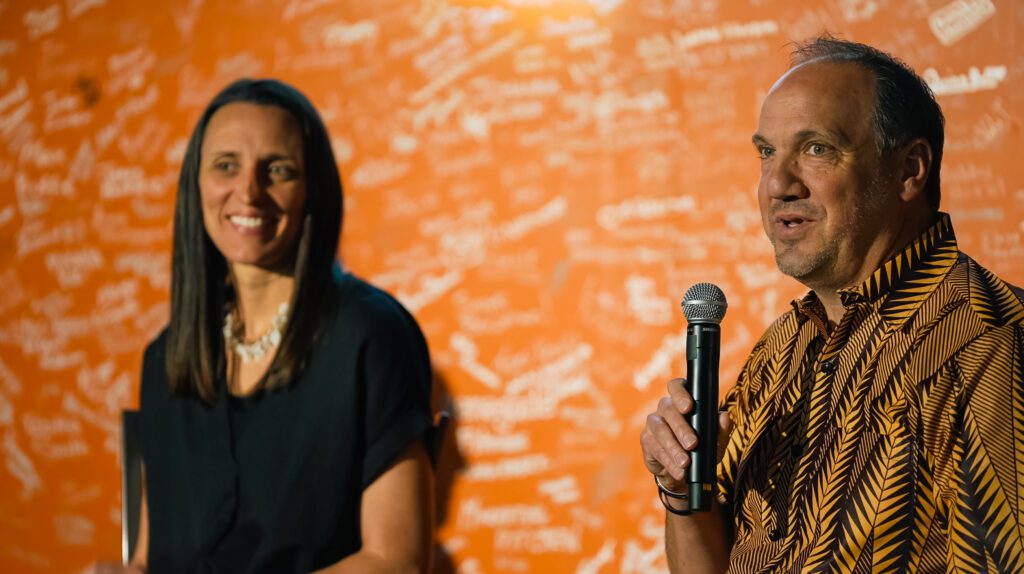

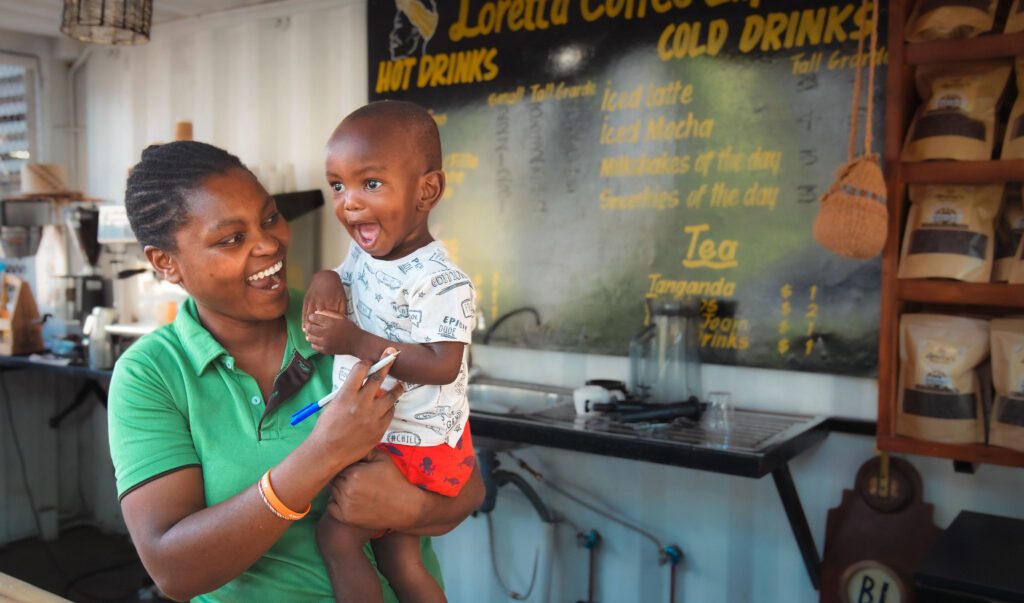
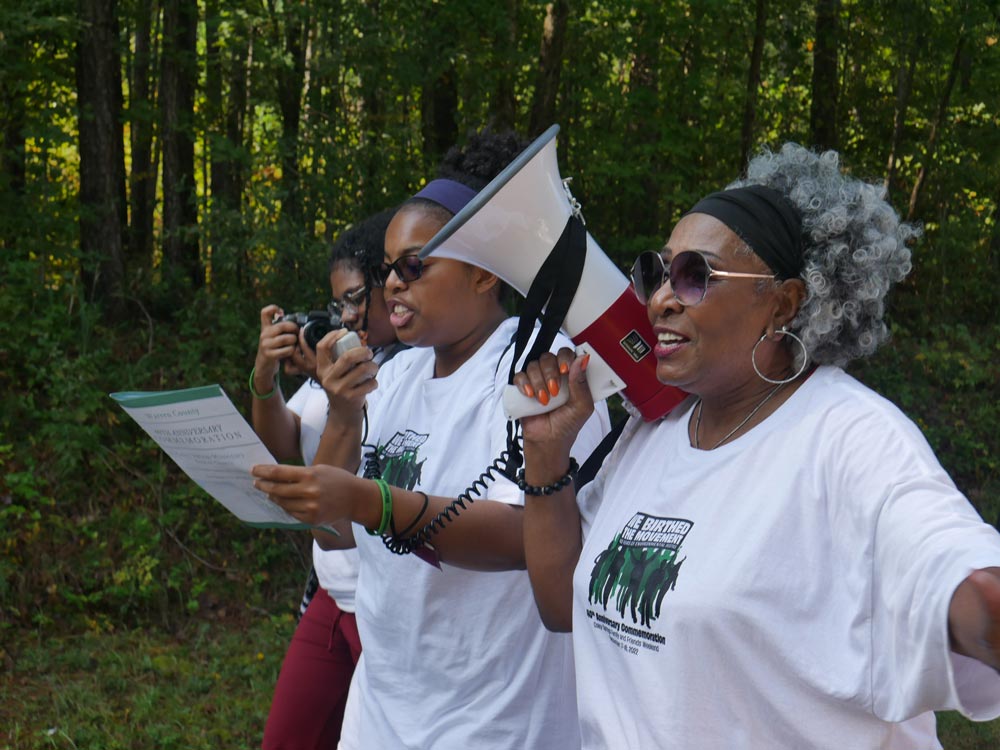
 The Warren County Environmental Action Team at the event. Credit: EJ Oral History Project.
The Warren County Environmental Action Team at the event. Credit: EJ Oral History Project.
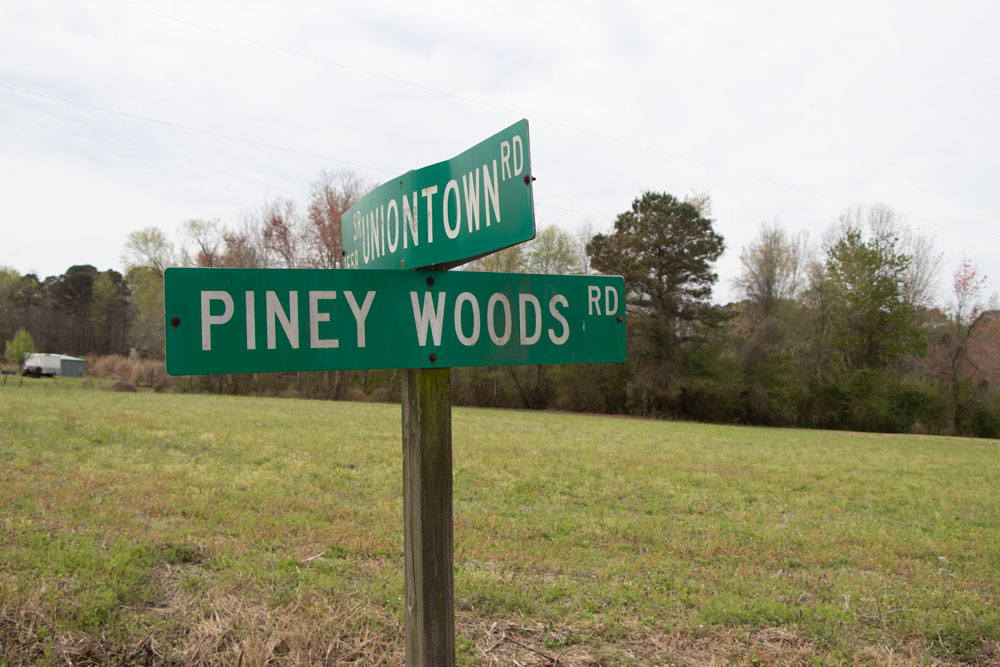 The street sign outside of Uniontown Church in Piney Woods Free Union. Credit: Ryan Parks. Courtesy of EJ Oral History Project
The street sign outside of Uniontown Church in Piney Woods Free Union. Credit: Ryan Parks. Courtesy of EJ Oral History Project
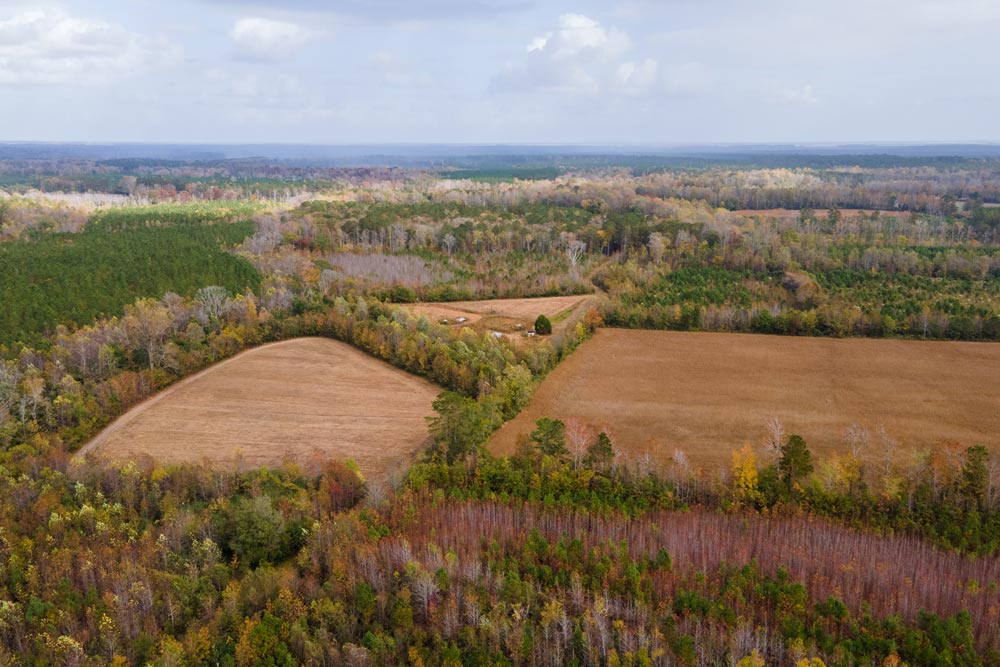 The Piney Woods Free Union Landscape. Credit: Ryan Parks. Courtesy of EJ Oral History Project
The Piney Woods Free Union Landscape. Credit: Ryan Parks. Courtesy of EJ Oral History Project
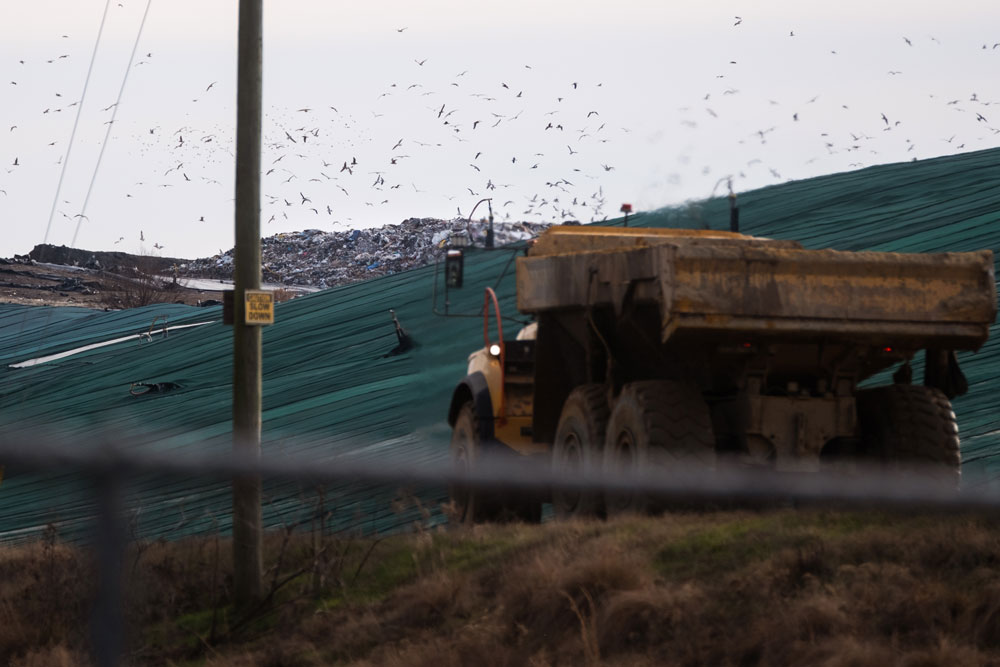 A Snow Hill landfill truck heading to the facility. Credit: Cornell Watson. Courtesy of EJ Oral History Project
A Snow Hill landfill truck heading to the facility. Credit: Cornell Watson. Courtesy of EJ Oral History Project
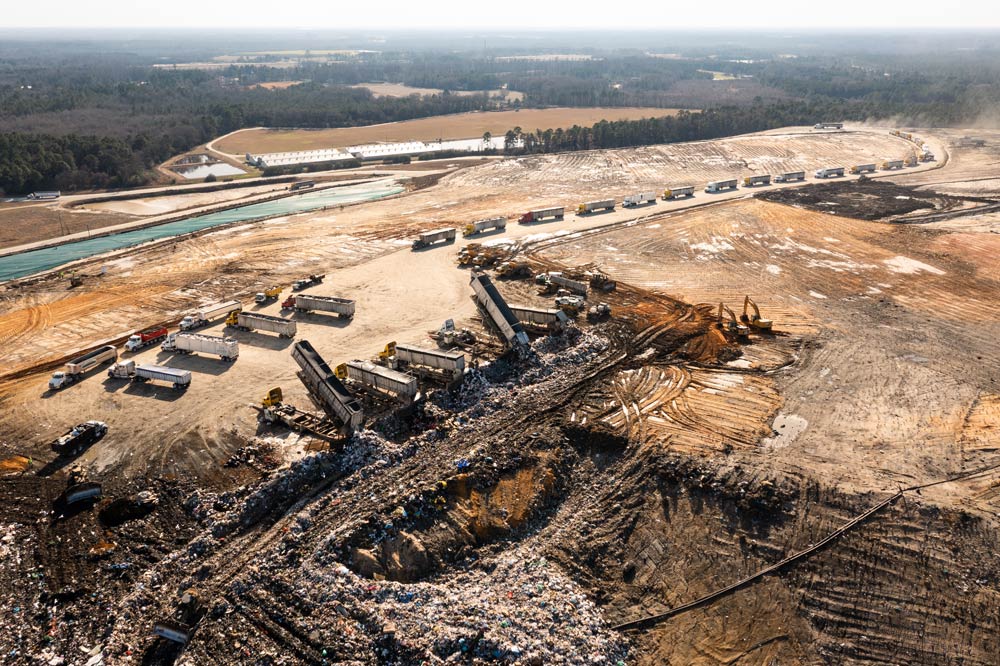 Landscape of the Snow Hill Landfill. Credit: Cornell Watson. Courtesy of EJ Oral History Project
Landscape of the Snow Hill Landfill. Credit: Cornell Watson. Courtesy of EJ Oral History Project
